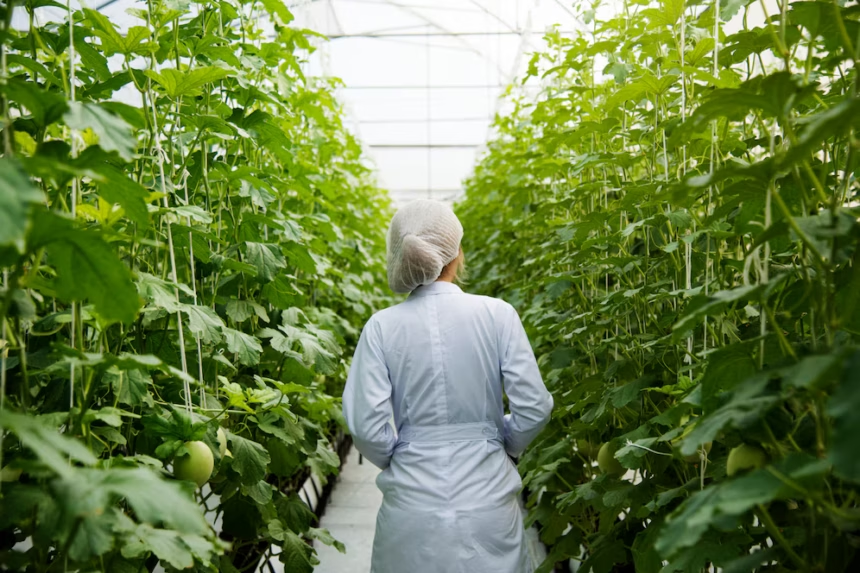South Africa has long been at the forefront of genetically modified (GMO) crop adoption in Africa. Since the early 2000s, the country has embraced biotechnology to enhance agricultural productivity, aiming to tackle food security challenges and improve the livelihoods of farmers. The future of GMO crops in South Africa, however, is shaped by a complex mix of scientific advancements, regulatory frameworks, environmental considerations, and public perceptions.
Current Landscape of GMO Crop Adoption
South Africa is a global leader in GMO crop cultivation, dedicating approximately 2.74 million hectares annually to genetically modified maize, cotton, and soybeans. Over 85% of the country’s maize, 95% of soybeans, and 100% of cotton are genetically modified. The adoption of Bt maize, engineered for resistance to specific insect pests, has been particularly beneficial for smallholder farmers, boosting yields and reducing the need for pesticides.
Emerging Trends and Technological Innovations
The future of GMO crops in South Africa is poised to evolve with advancements in biotechnology. Researchers are exploring the development of drought-tolerant and disease-resistant crop varieties to mitigate the impacts of climate change and enhance food security. These innovations could significantly improve agricultural resilience, especially in the face of changing weather patterns. However, regulatory hurdles remain a significant challenge, as demonstrated by recent legal battles surrounding the commercial release of new genetically modified crops.
Regulatory and Policy Considerations
South Africa’s regulatory framework for GMOs is governed by the Genetically Modified Organisms Act of 1997, which ensures the safe development, use, and release of GMOs into the environment. The Act requires a thorough risk assessment process, including evaluations of environmental and health impacts, before the approval of any GMO. Despite these measures, ongoing debates about the adequacy of the current regulatory system are emerging, particularly with regard to new biotechnological techniques such as gene editing.
Environmental and Societal Impacts
The environmental impact of GMO crops in South Africa is an ongoing subject of research. While some studies suggest benefits, such as reduced pesticide use and increased biodiversity, there are concerns about potential long-term ecological effects. These include the development of resistance in pests and the unintended spread of modified genes to non-GMO crops. These concerns highlight the importance of ongoing monitoring and research to assess the environmental consequences of GMO crop adoption.
Public acceptance of GMO crops varies, with some communities expressing apprehension about the safety and ethical implications of genetic modification. Public education and transparent communication are essential for fostering informed discussions and building trust among stakeholders. Ensuring that consumers understand the benefits and risks of GMO crops is critical for the future of biotechnology in agriculture.
Looking Ahead: Balancing Innovation and Caution
The future of GMO crops in South Africa will depend on balancing technological innovation with careful consideration of environmental, health, and societal factors. Continued investment in research and development, combined with a flexible and adaptive regulatory framework, will be key to navigating the complexities of modern agriculture. It is also vital to engage with various stakeholders, including farmers, scientists, policymakers, and the public, to ensure that the adoption of GMO crops aligns with South Africa’s goals of sustainable development and food security.
As South Africa continues to explore the potential of biotechnology in agriculture, the experiences and lessons learned can serve as a valuable model for other nations across Africa and beyond, striving to harness the benefits of GMOs while addressing the challenges they present.









